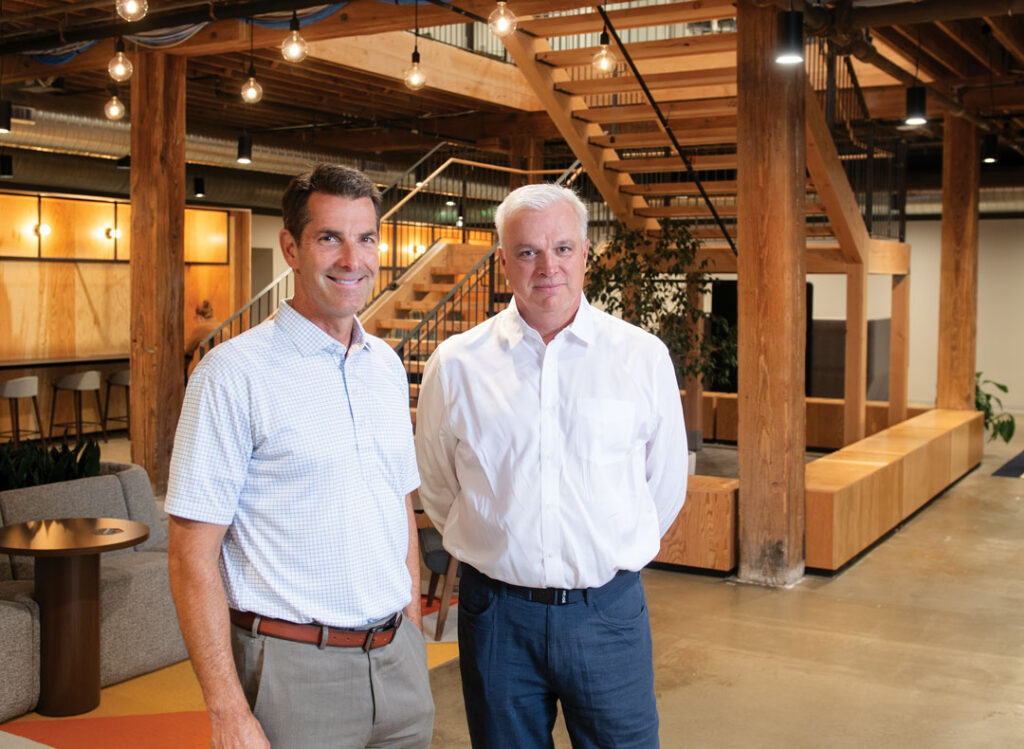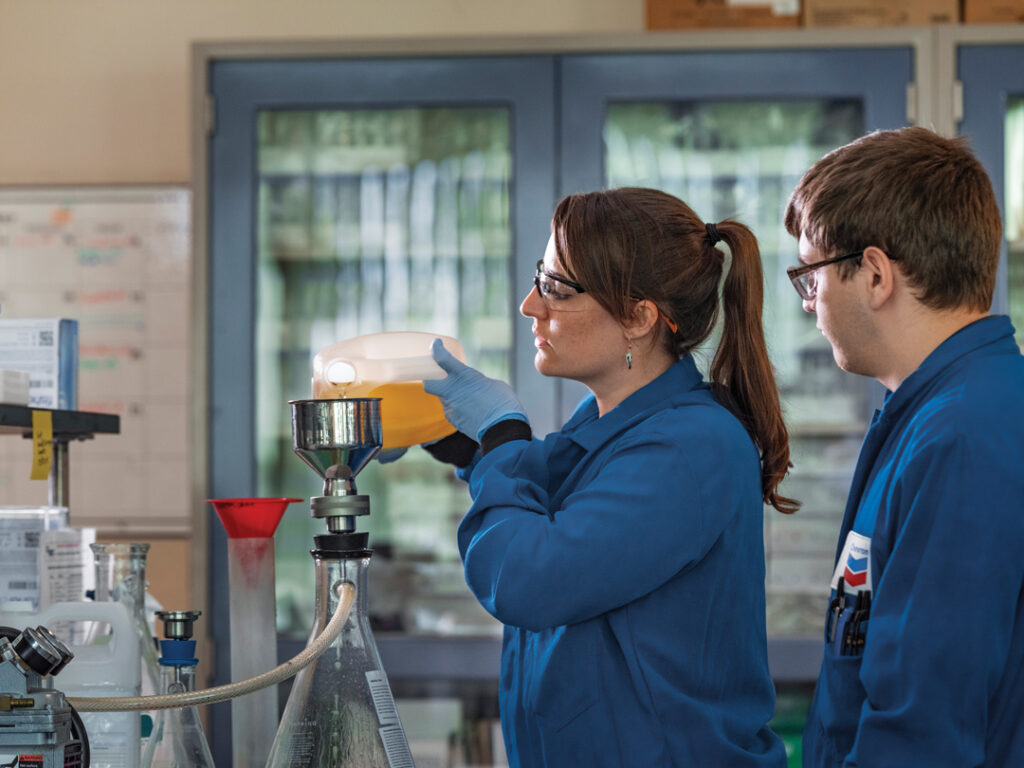NOTEBOOK: DMACC professor is evangelist for surg-tech certification push

JOE GARDYASZ Dec 26, 2018 | 4:56 pm
2 min read time
365 wordsBusiness Record Insider, The Insider NotebookIf you or a family member are going to have surgery in Iowa, the odds aren’t favorable that the surgical technologist in the operating room will be nationally certified. Currently, about 450 of the approximately 2,000 surgical technologists working in the state — or fewer than one in four — are nationally certified. John Hadley, a surgical technology professor and chair of Des Moines Area Community College’s Surgical Technology Program, is passionate about improving that statistic, which he believes is a key factor for improving patient safety.
In Hadley’s five years with DMACC, all but one of his students who completed the program have passed the certified surgical technologist exam. Administered by the National Board of Surgical Technology and Surgical Assisting, the national board exam also enables surgical techs to go anywhere in the country to work. DMACC typically has 16 students who begin the program each year, but often one or two will drop out before finishing.
Hadley — who before coming to DMACC worked for 30 years as a certified surgical technologist in cardiac surgery and as a registered nurse in thoracic and vascular surgery at the Mayo Clinic — says he has been lobbying Iowa legislators for several years to require the national certification and plans to continue his efforts this coming session. About 27 states so far have required national certification, and Hadley is certain that all states will require it within the next five years.
Employment of surgical technologists is projected to grow 12 percent from 2016 to 2026, faster than the average for all occupations, according to the Bureau of Labor Statistics. Hadley said the 450 existing surgical technology programs nationwide are struggling to turn out enough graduates to meet demand. DMACC anticipates expanding its program in 2020, he said.
Meanwhile, out-of-state hospitals are recruiting some of Hadley’s best students, some offering as much as $10,000 in signing bonuses and pay topping $36 an hour. Some Iowa employers are on board already with requiring national certification, UnityPoint Health being one of them, he said. Others are hesitant about a new certification requirement.
“If employers will buy in and require certification, there’s evidence that patient safety increases,” he said.









